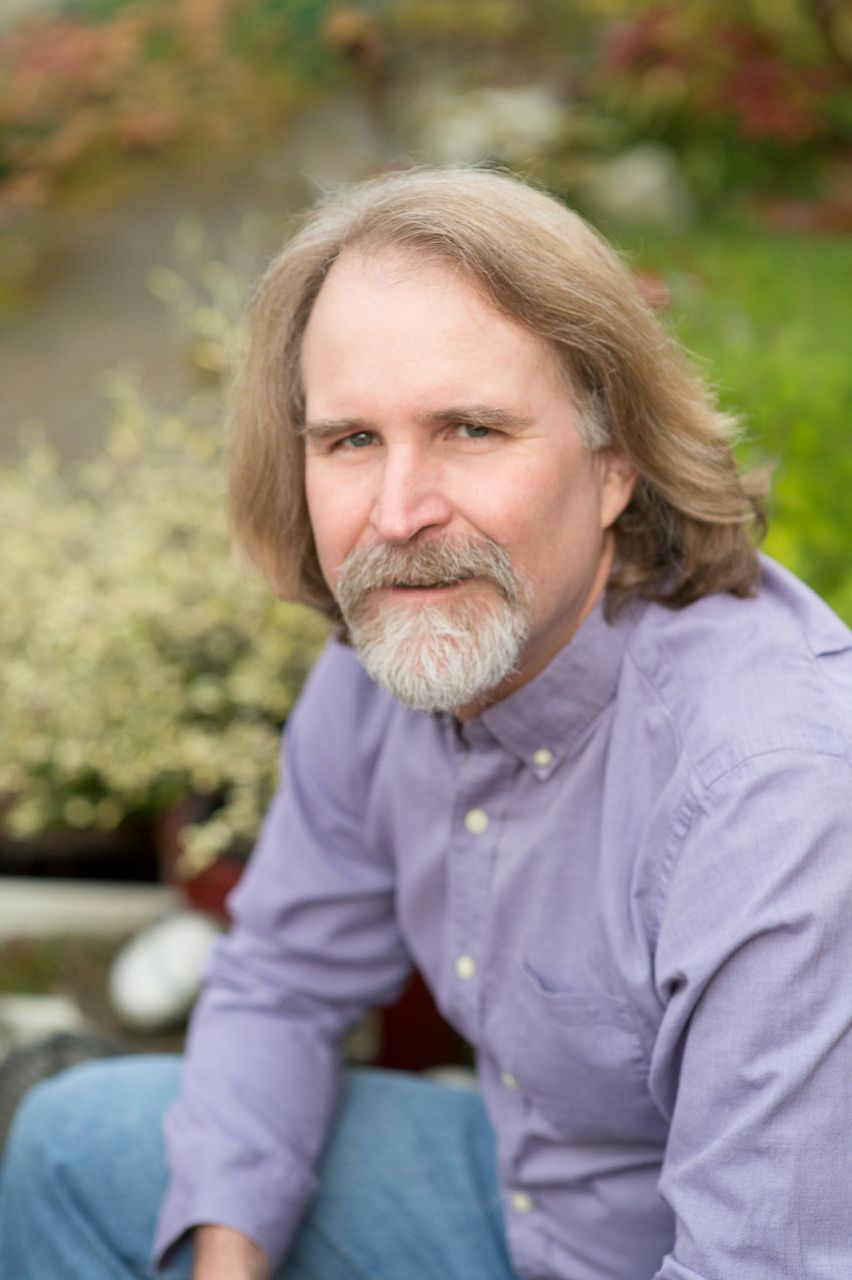Author's new book shares potential for healthier soil future

Author’s first soil book found links between poor soil, decline of civilizations; his new book shares potential for healthier soil future
When Dr. David R. Montgomery, of the University of Washington, wrote his first book on a soil theme, Dirt: The Erosion of Civilizations, the book was, in the author’s own estimation, the kind of historical, academic study one would expect a professor to write. In the book Dirt, the geologist and professor of Earth and Space Sciences looked backwards at the history of civilizations over the centuries and around the world. He found that countries which took their soil for granted paid a heavy price and, as their soil degraded, the health of those societies declined as well.
The soil picture he painted in his first book was a pretty bleak one for the most part, Montgomery admits. The research talked about soil loss and soil erosion and about how some tillage practices degraded soil over generations. Countries that once had good soil and crops eventually found themselves unable to feed their own people. Soil that once had healthy, sustaining, active microbiology soon became nothing more than dirt.
About ten years after the release of the book Dirt, Montgomery has a new book, called Growing a Revolution: Bringing Our Soil Back to Life. The author sounds a little more optimistic these days about the current and future prospects for maintaining and improving soil health.
The writer presented along Lake Huron's southeast shore in Sarnia on December 12, 2017 and Clinton on December 13, 2017. He looked to the soil future with a hopeful vision in his new publication. The author took time to speak by phone with local media prior to his talks and shared a glimpse of what people would hear when they attended the events in Sarnia and Clinton.
The scholar took an extraordinary path into the field of soil research. Montgomery told the media teleconference that he didn’t turn to the study of soil as a farmer but as a geologist. His interest in geomorphology – studying the landscape features and processes on the surface of the Earth – led him to increased focus on the importance of soil.
Years of study informed Montgomery’s understanding of soil issues but one of the most powerful lessons about soil took place in his own backyard. Anne Biklé (Montgomery’s wife and co-author, with him, of the book The Hidden Half of Nature: The Microbial Roots of Life and Health) was able to restore the microbial life of the soil in the garden of their Seattle-area home. If the decline of the soil at their home “could be reversed and reversed surprisingly fast,” it got Montgomery thinking about whether the things that were working in their little garden could work in the context of contemporary farming.
“I was very curious about whether the techniques used in our yard could be used in a modern agricultural setting,” he recalled.
The scholar took a six-month leave from his teaching to do something “that academics aren’t famous for doing … listening to people.” For the next half a year, he spoke with working farmers from several countries around the world. He spoke with producers from smaller farms and larger farms. He learned that some producers were able to dramatically increase soil organic matter, and improve soil biology, through changes in their farming practices – including use of cover crops, diversity of crops, and reducing tillage. What he found gave him hope that contemporary agricultural producers could protect – and even rebuild – soil health.
“This whole experience turned me from a real pessimist (about the future of soil health) to someone who is more optimistic that we can turn it around this time,” he said.
The President of the Huron County Soil and Crop Improvement Association, Doug Walker, took part in the media teleconference and said “it’s great to hear there are people optimistic about the future (of soil health) … I know I am.”
Sponsors of the presentations by David R. Montgomery included the Government of Ontario, Huron County Soil and Crop Improvement Association, County of Huron, Maitland Conservation, St. Clair Region Conservation, Ausable Bayfield Conservation, and and with generous support of the federal-provincial-territorial Growing Forward 2 initiative and the Ontario Soil and Crop Improvement Association (OSCIA)..
Montgomery highlighted entrepreneurial farmers who focus on improving soil health.
To learn more about Montgomery and his books you may visit his website at: dig2grow.com
